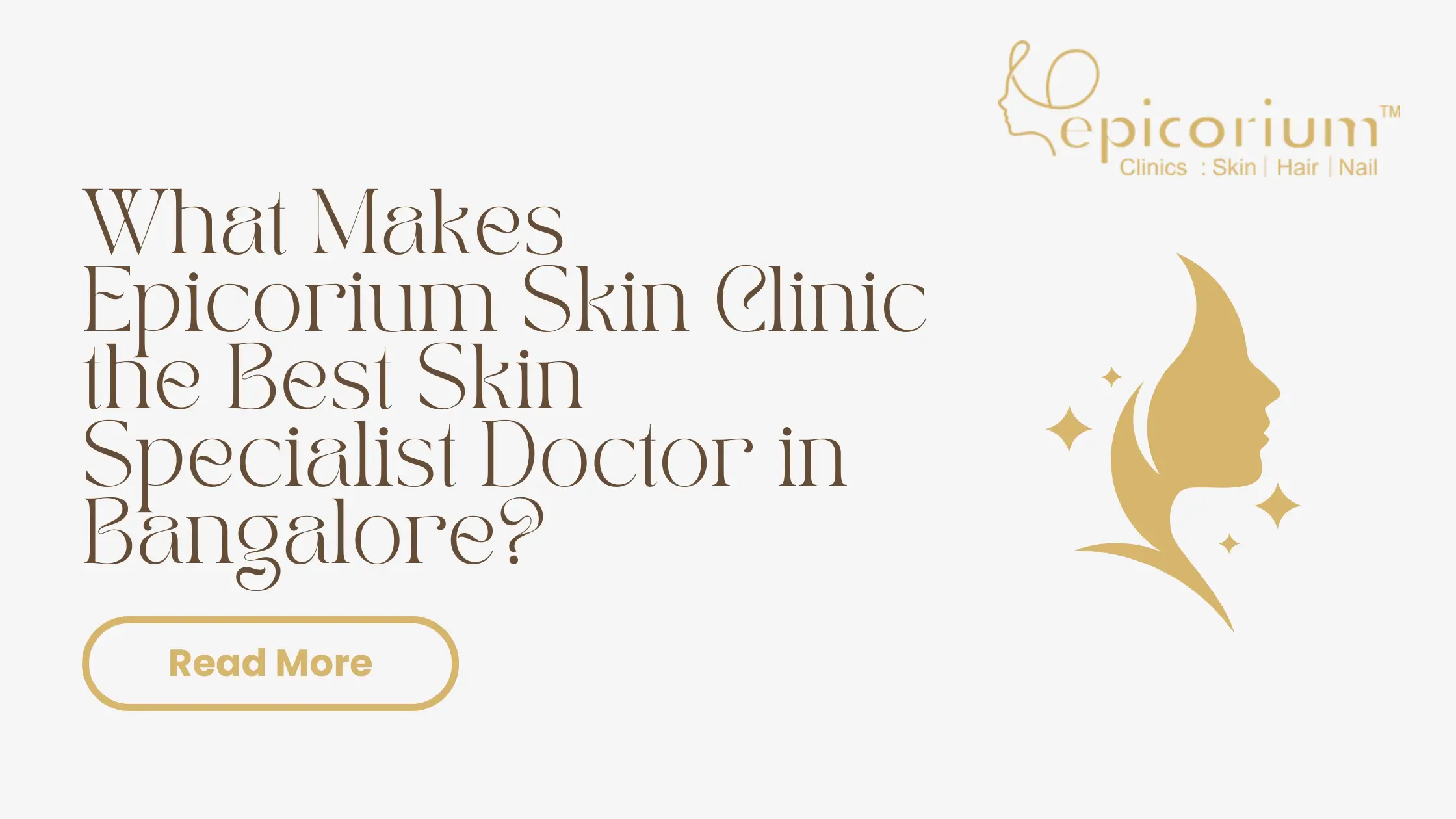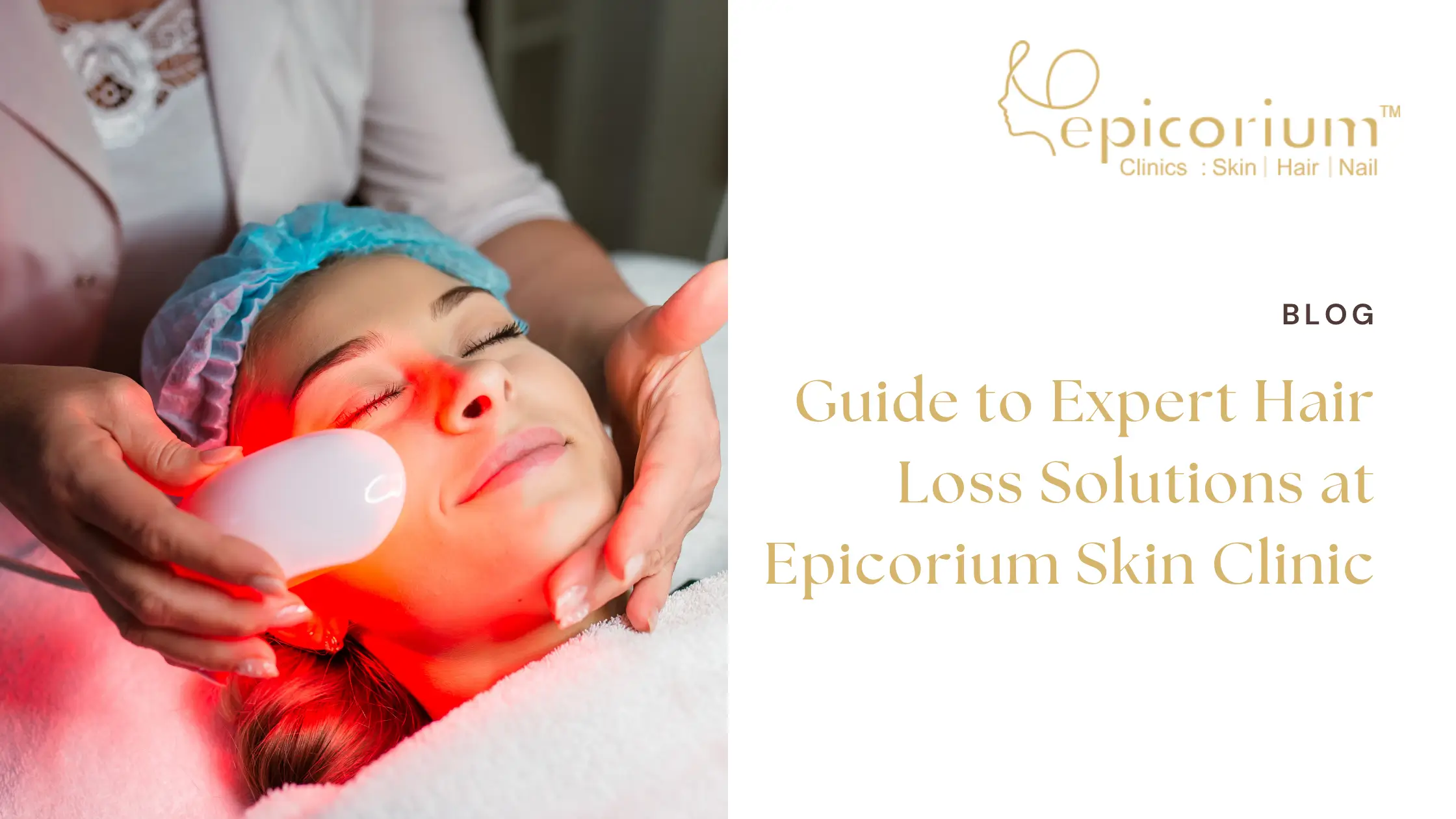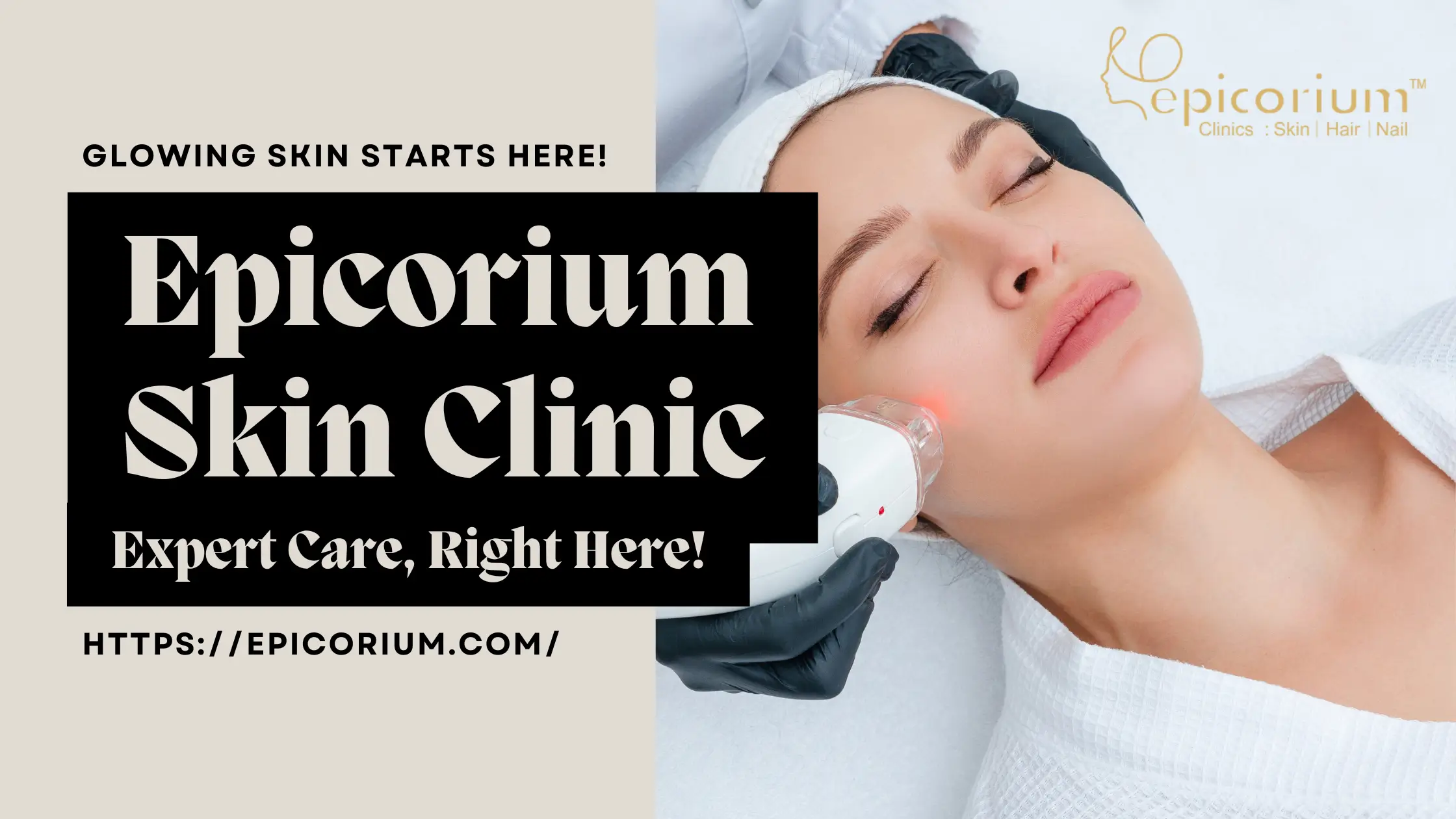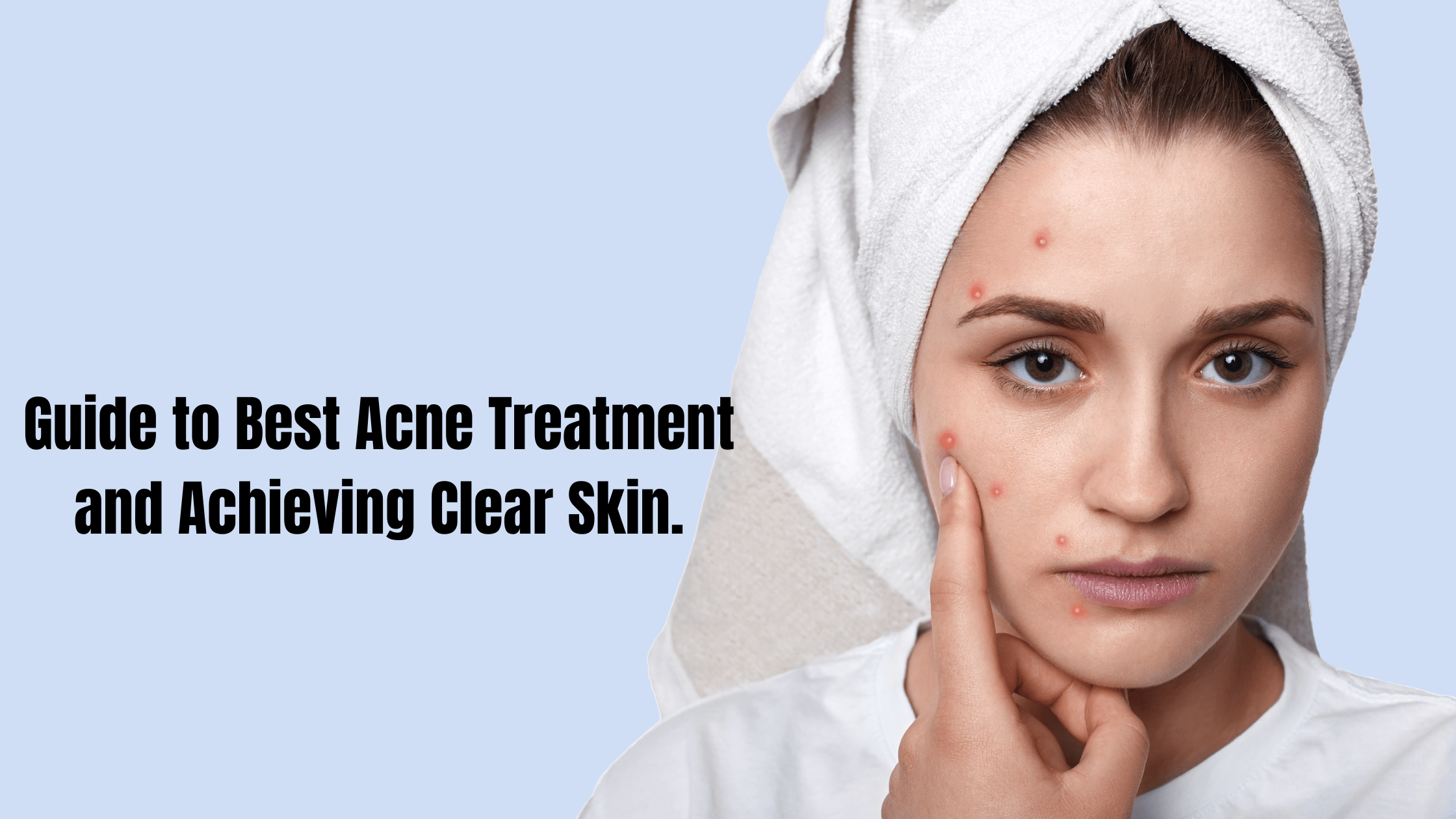
The Ultimate Guide to Best Acne Treatment and Achieving Clear Skin
Table of Contents
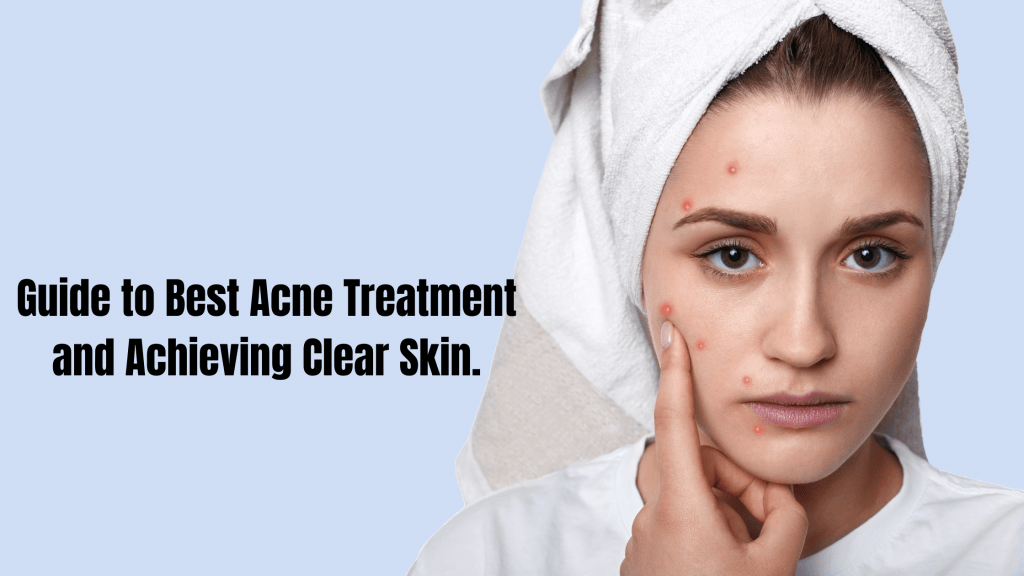
Introduction
Acne is more than just a cosmetic issue; it’s a pervasive problem affecting millions globally, causing not only physical scars but also emotional distress. The quest for clear skin is often challenging and multifaceted, requiring a holistic approach that includes proper skincare, lifestyle adjustments, and sometimes professional intervention. This guide aims to empower you with comprehensive knowledge and practical tips to defeat acne effectively and sustain beautiful, healthy skin.
Understanding Acne
What is Acne?
Acne is a common skin condition marked by the appearance of pimples, blackheads, whiteheads, and sometimes deeper lumps on the skin. It primarily affects areas of the skin with a high number of oil glands, including the face, back, and chest.
Why Does Acne Affect So Many?
The prevalence of acne is largely due to hormonal fluctuations, which can stimulate oil production, leading to clogged pores and bacterial growth. However, genetics, lifestyle factors, and environmental triggers also play significant roles.
Common Causes of Acne
– Hormonal Changes: Such as those during puberty, menstruation, and pregnancy.
– Diet: High-glycemic foods and dairy can trigger flare-ups.
– Stress: Increases cortisol levels, worsening acne.
– Improper Skincare: Using the wrong products can exacerbate the condition.
Proven Methods to Combat Acne
A personalized skincare regimen is crucial in the battle against acne. Understanding your skin type and the ingredients that work best for you is the first step towards clear skin.
Professional Dermatological Treatments
– Chemical Peels: Help remove dead skin cells and unclog pores.
– Laser Treatments: Reduce oil production and kill acne-causing bacteria.
– Microdermabrasion: Exfoliates the skin to improve texture and appearance.
Effective Topical Treatments
– Benzoyl Peroxide: Kills bacteria and removes excess oil.
– Salicylic Acid: Helps unclog pores and reduce swelling and redness.
– Retinoids: Promote cell turnover and prevent clogging of hair follicles.
Lifestyle Changes for Clear Skin
Diet and Hydration
Eating a balanced diet rich in antioxidants and omega-3 fatty acids can significantly impact your skin health. Hydration is equally important; drinking enough water ensures that your skin remains hydrated and toxins are flushed out effectively.
Exercise and Sleep
Regular physical activity increases blood circulation, nourishing your skin cells and promoting new cell growth. Adequate sleep, on the other hand, is crucial for the repair and regeneration of skin cells.
Holistic Treatments and Their Benefits
Holistic treatments consider the entire individual, addressing both internal and external factors contributing to acne.
Examples of Holistic Approaches
– Dietary Adjustments: Incorporating anti-inflammatory foods.
– Stress Management: Techniques like yoga and meditation.
– Herbal Supplements: Such as tea tree oil and green tea, which have anti-inflammatory properties.
Seeking Professional Help
Consulting with a dermatologist is vital to understanding your specific type of acne and the most appropriate treatment options. Dermatologists can provide prescriptions for medications that are more effective than over-the-counter products and tailor treatments to your unique skin needs.
Call to Action
Don’t hesitate to schedule an appointment with a skin specialist who can guide you toward the right treatment plan and help you achieve the clear skin you’ve always wanted.
Success Stories and Testimonials
Hearing from individuals who have successfully managed their acne can be incredibly inspiring. These stories not only provide hope but also tangible evidence of what can be achieved with the right approach and treatments.
Conclusion
Acne is a complex condition that can be effectively managed with a combination of personalized skincare, professional treatments, and lifestyle changes. By understanding the causes of acne and embracing a comprehensive treatment approach, you can significantly improve your skin’s health and appearance. Remember, clear skin is not just about beauty; it’s about health and well-being.
FAQ’s
1. What diet changes can help reduce acne?
Adjusting your diet to include more whole foods, fruits, vegetables, and lean proteins while reducing your intake of processed foods, dairy, and high-glycemic carbohydrates can help manage acne. Foods rich in zinc, vitamins A and E, and antioxidants are known to be beneficial for skin health.
2. How often should I wash my face if I have acne?
It is generally recommended to wash your face twice daily, in the morning and before bedtime, with a gentle cleanser. Over-washing can irritate the skin and exacerbate acne, so it’s important to maintain a balance that cleanses without stripping the skin’s natural oils.
3. What are the best over-the-counter products for acne?
Over-the-counter acne treatments that contain ingredients like benzoyl peroxide, salicylic acid, and sulfur are highly effective for many people. These ingredients help reduce oil production, fight bacterial infection, and encourage the shedding of dead skin cells to prevent clogged pores.
4. Can makeup cause acne?
Yes, certain types of makeup can clog pores and worsen acne. Look for products labeled “non-comedogenic” or “oil-free” to minimize the risk. Always ensure you remove makeup completely before going to bed to help prevent breakouts.
5. How long does it take to see results from acne treatment?
The effectiveness and response time of acne treatments can vary. Typically, it might take 4 to 8 weeks to see noticeable improvements, but it could take several months for more significant results. Consistency and patience are key when treating acne.
6. What should I do if over-the-counter treatments don’t work?
If over-the-counter products don’t improve your acne after several months, it might be time to consult a dermatologist. Prescription medications, such as retinoids, antibiotics, or stronger topical formulations, may be necessary to control more severe acne.
Our Clinic Locations –
Epicorium HSR Bengaluru –
- Phone Number – +91 89708 22333
- Email Address – [email protected]
- Clinic Timings – Mon-Sat: 10:00 AM to 08:00 PM
- Clinic Address – L373, 6th Sector HSR Layout, Bengaluru – 560102
Epicorium Kochi –
- Phone Number – +91 74061 88800
- Email Address – [email protected]
- Clinic Timings – Mon-Sat: 11:00 AM – 07:00 PM (Sunday Closed)
- Clinic Address – 39/2882-A2 & A3, Davids Pavilion, Stadium Link Road, Kochi, Ernakulam – 682017

